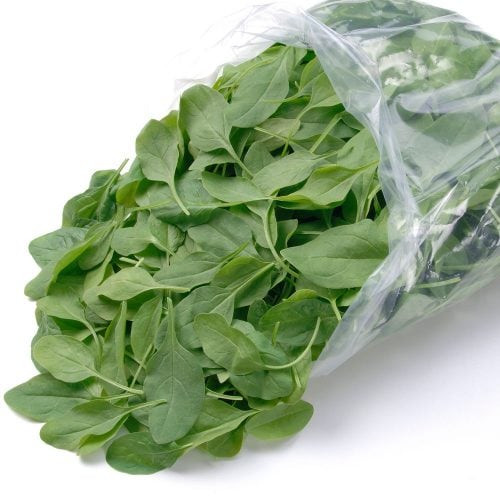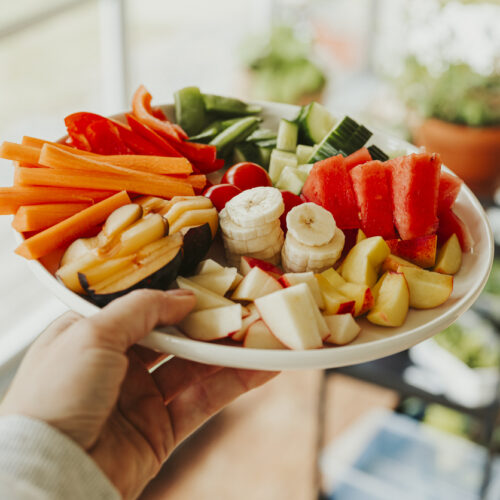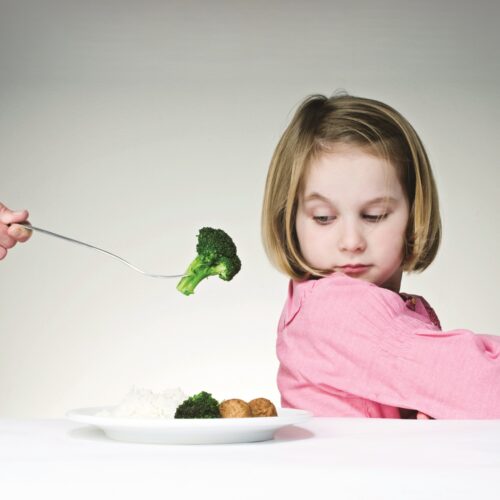
Salmonella doesn’t pose the same risk to New Zealand salad eaters as it does in the UK, studies show.
University of Leicester microbiologists discovered that juices released by damaged salad mix increased the salmonella pathogen’s growth 2400-fold, although the risk of food poisoning remains low.
But, according to the Ministry of Primary Industries, New Zealand research has not found the same problem here.
A 2016 NZ study of 307 products by MPI found salmonella, campylobacter, L. monocytogenes, shiga toxin-producing E. coli (STEC) and norovirus genogroup I was not detected in any of the bagged leafy salads tested. But, very low concentrations of norovirus genogroup II were detected in three (1 per cent) of the products, the study showed.
MPI is aware bagged leafy salad mixes and fruit damaged during transport can support the growth of illness causing bacteria, MPI manager food risk assessment Roger Cook told Healthy Food Guide.
“To manage this risk, under the Food Act 2014 any business preparing ready-to-eat bagged leafy green salads, which are considered a higher risk food, need to have a customised food control plan,” Dr Cook says.
The UK salmonella research, published in Applied and Environmental Microbiology journal, shows while leaf damage can increase salmonella growth the risk of food poisoning from salad remains rare.
But it strongly emphasises the need for salad leaf growers to maintain high food safety standards to mitigate the risk of a few salmonella cells in a salad bag at the time of purchase becoming ‘many thousands by the time a bag of salad leaves reaches its use-by date’, lead researcher Dr Primrose Freestone says in a press release.
Subscribe now for delicious, healthy recipes and expert nutrition advice delivered to your door!
www.healthyfood.com










